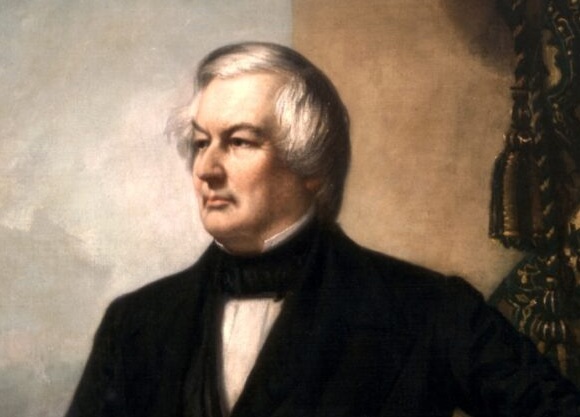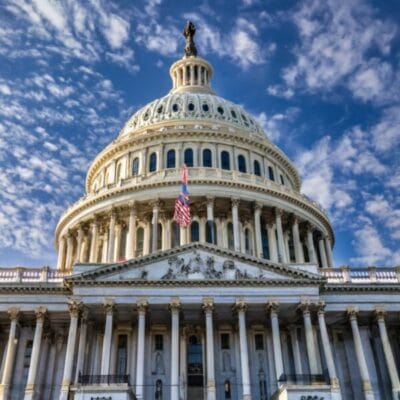The Congress for Cultural Freedom (CCF) was an anti-communist advocacy group funded by the Central Intelligence Agency (CIA) during the Cold War.
Here’s an overview of its history and activities:
- Foundation: The Congress for Cultural Freedom was founded in 1950 in West Berlin, Germany, by a group of prominent intellectuals, writers, and artists who opposed communism and sought to promote liberal democratic values in the face of Soviet influence. It was initially established as a non-governmental organization but later received covert funding from the CIA.
- Mission: The CCF aimed to combat communist influence in the cultural and intellectual spheres by sponsoring cultural events, publications, conferences, and artistic exchanges that promoted Western values of freedom, democracy, and individualism. It sought to counter the appeal of communism among intellectuals and artists in Europe and other parts of the world.
- Activities: The Congress for Cultural Freedom organized numerous events and initiatives to advance its mission, including the publication of literary and cultural journals such as Encounter, Preuves, and Mundo Nuevo; the sponsorship of art exhibitions, music festivals, and theater productions; and the funding of academic research and conferences.
- Influence: The CCF had a significant influence on intellectual and cultural life in Europe and beyond, particularly during the 1950s and 1960s. Its publications and events attracted contributions from leading intellectuals and artists of the time, including Arthur Koestler, Bertrand Russell, Sidney Hook, and Raymond Aron.
- Controversies: The CIA’s covert funding of the Congress for Cultural Freedom became public knowledge in the 1960s, leading to controversy and criticism. Critics accused the organization of being a propaganda tool of the United States government and of compromising the intellectual integrity of its participants by secretly manipulating their work and agendas.
- Legacy: Despite its controversies, the Congress for Cultural Freedom left a lasting legacy in the fields of literature, art, and intellectual discourse. It played a role in shaping Cold War cultural diplomacy and contributed to the promotion of Western values and artistic freedom in the face of totalitarian ideologies.
In summary, the Congress for Cultural Freedom was a prominent anti-communist advocacy group funded by the CIA during the Cold War. It sought to promote Western values and counter communist influence in the cultural and intellectual spheres through a variety of activities and initiatives.




